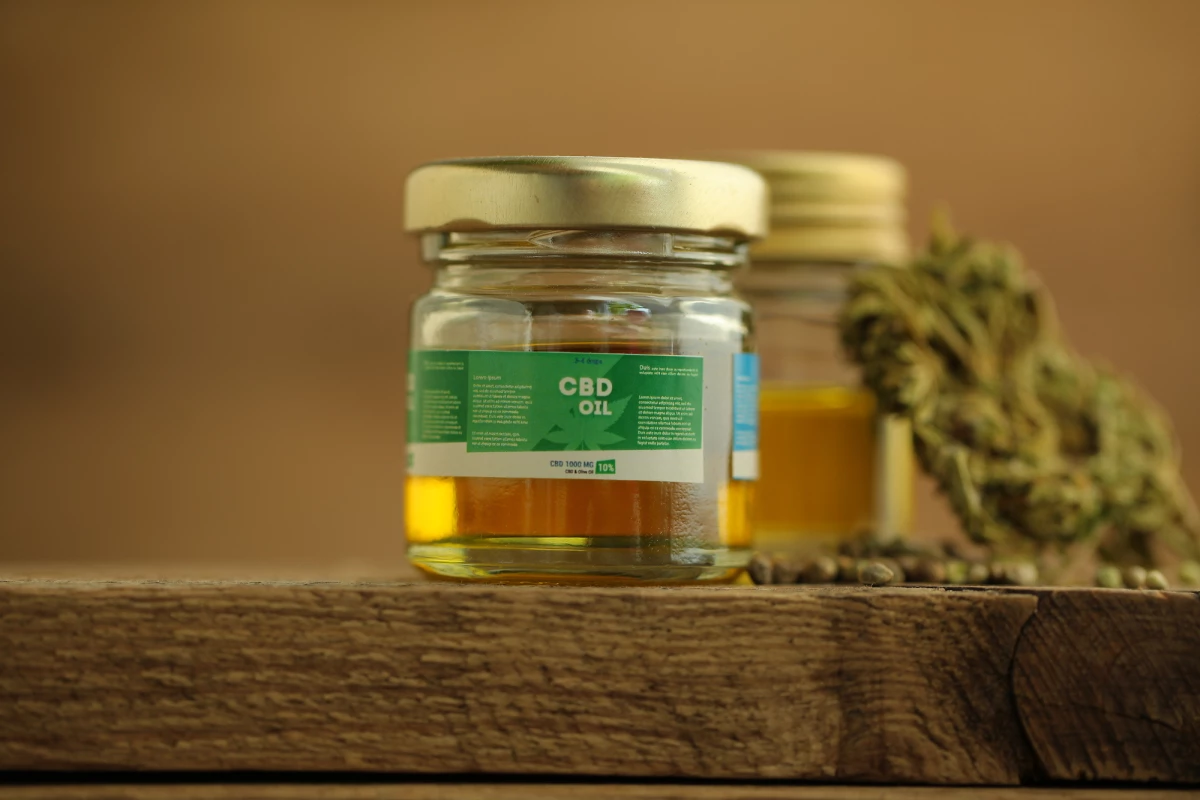A team of Australian scientists has demonstrated a novel microencapsulation method designed to improve the absorption and bioavailability of cannabidiol (CBD). Animal tests suggest the new method increases peak concentrations of CBD in the brain by 300 percent compared to CBD oil.
The jury may still be out regarding plenty of supposed medical uses for CBD, a non-psychoactive compound found in cannabis, but researchers are certainly working hard investigating the cannabinoid’s effect on everything from heroin addiction to Parkinson’s tremors. One significant challenge scientists face in researching CBD’s therapeutic uses is the fact that oral CBD formulations have terrible rates of absorption.
CBD oil, for example, when ingested orally can result in plasma and tissue bioavailability as low as 6 percent. Sublingual dosing, or using varieties of inhalation methods, can result in higher levels of absorption but there still remains a huge inconsistency in bioavailability from person to person. For researchers trying to investigate CBD’s potential therapeutic uses this dosage issue is a particular problem, especially for those exploring the compound's effects on the brain.
A new study, published in the journal Plos One, is describing a novel two-pronged technique designed to heighten the absorption and bioavailability of CBD. The researchers first utilized an established microencapsulation method previously designed to protect therapeutic compounds from degradation in the stomach and increase uptake in the brain.
Alongside this, the researchers tested whether these CBD microcapsules could be accompanied by other absorption-enhancing compounds to enhance brain bioavailability. In this instance the researchers tested co-administration with a bile acid called deoxycholic acid (DCA). Animal tests were then conducted to measure CBD absorption levels, comparing the CBD microcapsules alone, the microcapsules in combination with DCA, and traditional CBD oil.
Interestingly, while plasma concentrations of CBD were higher in the short-term in the microcapsule cohort compared to the CBD oil control, CBD concentrations in the brain only spiked significantly when the cannabinoid was administered with DCA. The researchers suggest the microcapsule/DCA combination led to a “remarkable 40- and 30-fold increase compared to the naked CBD oil and CBD capsule groups, respectively.”
However, DCA administration also seemed to lead to a more rapid decrease in brain CBD concentration about an hour after administration. The researchers suggest it is unclear exactly why or how DCA may lead to this particular effect.
“The potential effect of DCA on the drastic reduction in brain CBD concentration is an interesting finding that requires further investigations,” the researchers conclude in the new study. “Research suggests that bile acids may promote cellular uptake and clearance of lipoproteins, however, the effects of bile acids such as DCA on tissue clearance or lipophilic drugs such as CBD have yet to be defined.”
Of course, lots more work will be needed to unpack the novel findings outlined in this new study. Trials will also be necessary to explore what kind of effect these administration methods have on human absorption of CBD. Nevertheless, the general findings are compelling, with the short-term results noting the microcapsule/DCA method leads to a 300 percent increase in brain CBD concentration, suggesting the method may be a fast and effective way to get the cannabinoid into the brain.
The new study was published in the journal PLOS ONE.
Source: Scimex




